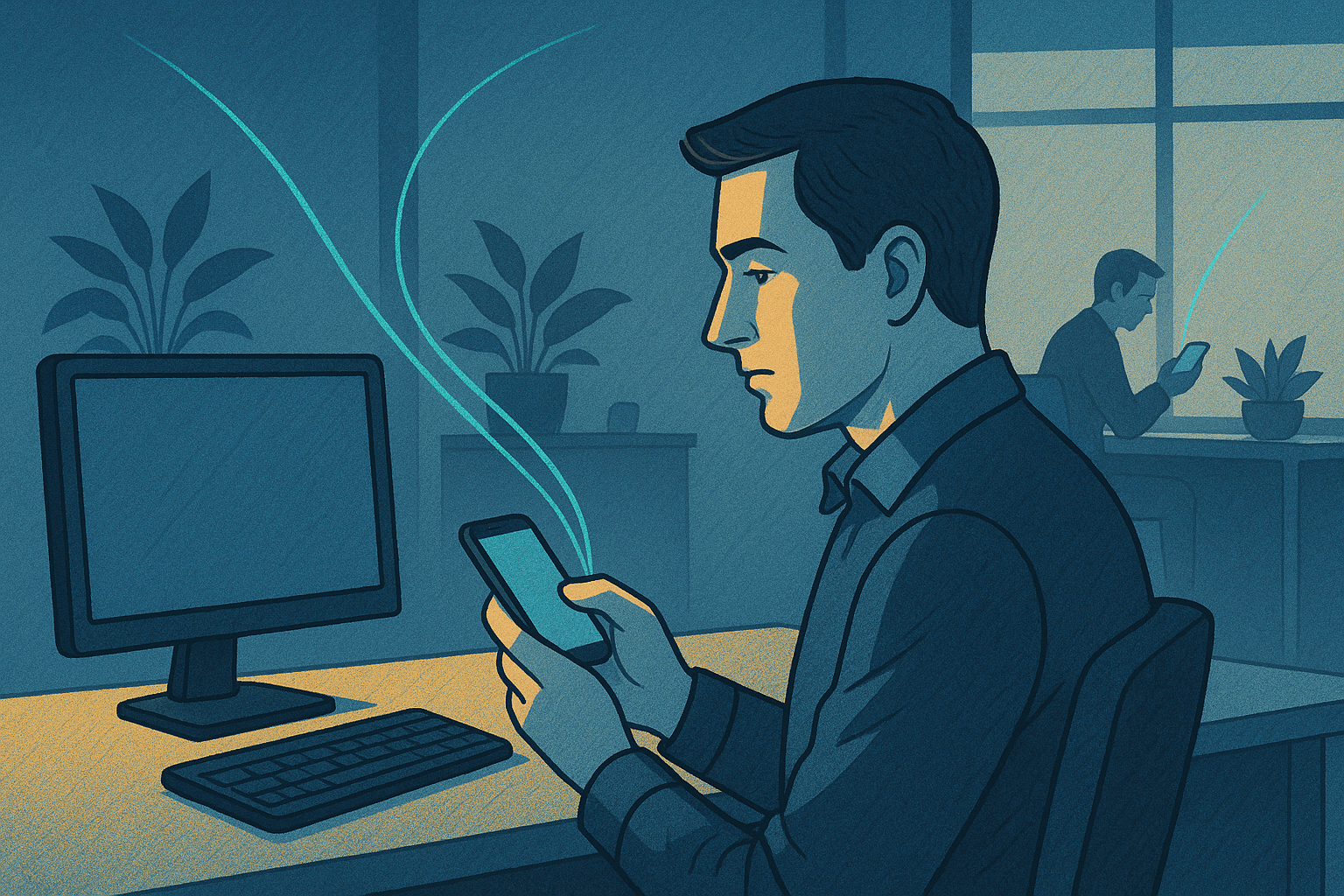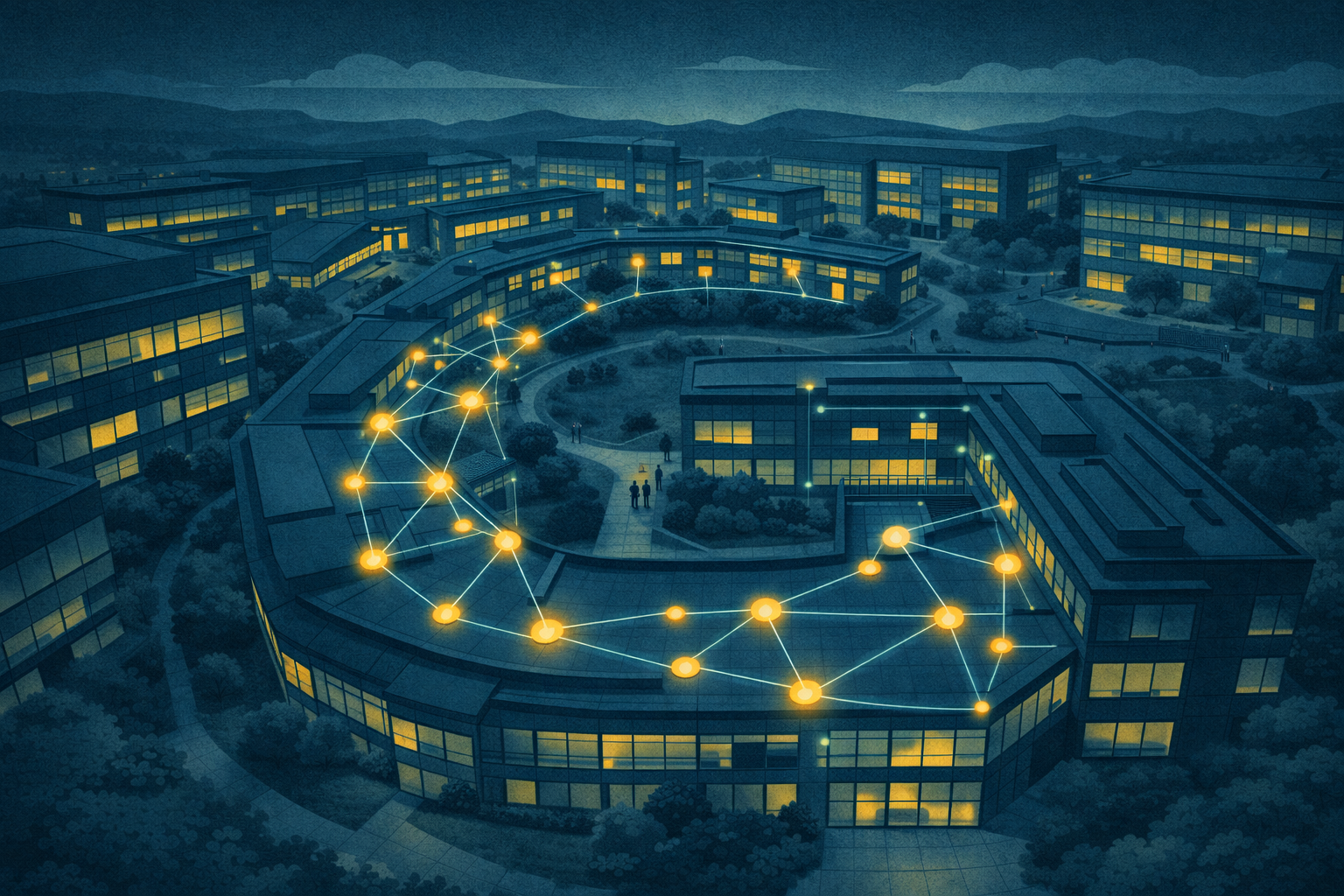The British government has reversed its decision to compel Apple to provide access to encrypted user data, as confirmed by US intelligence sources. Tulsi Gabbard revealed to the Financial Times that the UK has agreed to forgo its demand for a “back door” to user data.
US Vice-President JD Vance reportedly played a key role in negotiating an exemption for Apple, which was facing a directive under the Investigatory Powers Act to grant the UK access to iCloud data. A US official stated that a mutually beneficial agreement has been reached, resulting in the withdrawal of the current order against Apple.
Though the order has not been formally rescinded, the issue is considered resolved, with a UK official stating, “we can’t and we won’t” compel Apple to create a back door for encrypted data. Gabbard commented on the collaboration with UK partners, President Trump, and Vice-President Vance to protect Americans’ private data and civil liberties. She announced that the UK has agreed to drop its demand for Apple to provide access that would compromise encryption and infringe on civil liberties.
The UK government hopes this concession will ease tensions with the US, following several interventions from the Trump administration. In February, during a meeting with Donald Trump, Vance expressed concerns about “infringements on free speech.” Starmer denied these intentions, expressing pride in the UK’s history of free speech.
US officials have criticised measures in the Online Safety Act, effective since 25th July, as threats to free speech from Starmer’s government. Elon Musk’s X platform echoed these concerns, warning of the risks of overreach. This development marks the first significant retreat in Labour’s enforcement of controversial online restrictions, which have posed political challenges.
While a majority of the public supports restrictions on minors’ access to sensitive online content, the new rules have led to increased VPN usage and security concerns from decentralised ID verification platforms.




